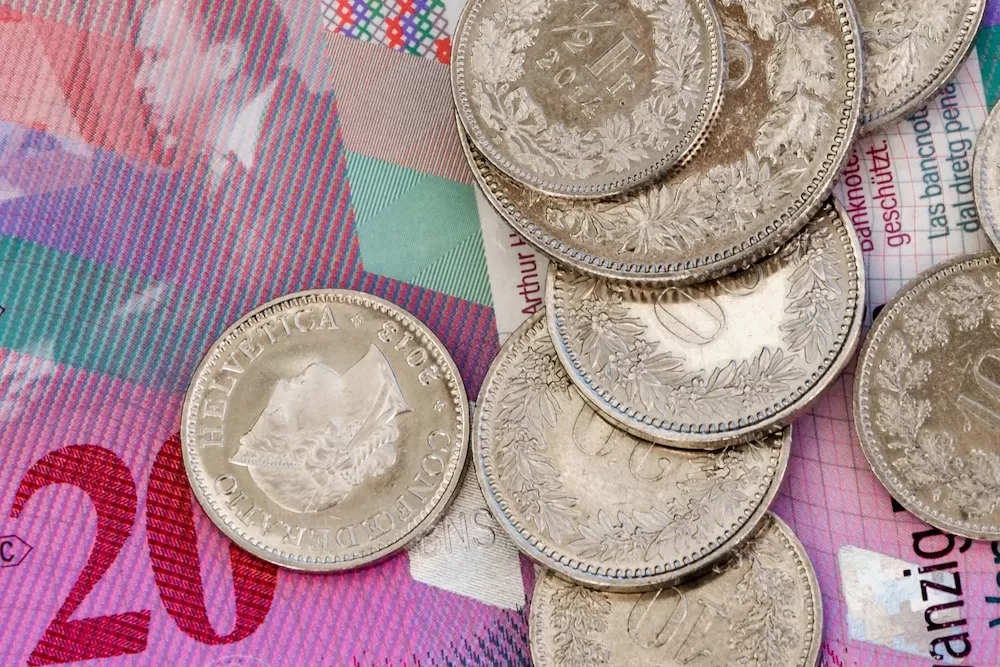Switzerland is one of the best-known tax havens in the world. It's a huge part of why the rich and famous often go here. They visit the place as if it's their homeland and they even buy their own properties here too. Purchasing real estate in Switzerland is a great investment. But since the country is a tax haven, does this mean that you don't have to worry about the capital gains tax when you buy a
property in Switzerland? Not necessarily. Though this type of tax may not be what you're familiar with, especially compared to those in other countries, the principle remains the same.
Is There Capital Gains Tax in Switzerland?
Technically speaking, there is a capital gains tax in Switzerland. It's imposed on the difference between how much you earned from selling your property here to how much you spent when you acquitted it before. But according to the
Swiss tax system, this is more accepted as another form of income tax. While there are other parts of the country that do refer to it as a tax levied on the capital gains you earn from the sale, the main principle remains the same all throughout. This is not a tax that you're free from paying even when it's in Switzerland.
Which Swiss Cantons Have Capital Gains Tax?
It's no secret that Swiss real estate laws differ from canton to canton. Of course, this also includes the capital gains tax. As mentioned previously, there are some parts of the country that basically see it as another form of income tax. While other cantons, however, work in a dualistic system. In this system, this tax is more seen as the capital gains tax. These cantons include Argovia (AG), Appenzell-Innerrhoden (AI), Appenzell-Ausserrhoden (AR), Fribourg (FR), Geneva (GE), Glarus (GL), Graubünden (GR), Lucerne (LU), Neuchâtel (NE), Obwalden (OW), Sankt Gallen (SG), Schaffhausen (SH), Solothurn (SO), Thurgau (TG), Vaud (VD), Valais (VS) and Zug (ZG).
What is The Tax Rates Here?
Now let's talk about the capital gains tax rates in Switzerland. Just like your personal income tax, the rate you pay depends on how much you earned. If the profit of the sale of your real estate in Switzerland amounts to around CHF 10,000.00 or under, the tax rate is 15%. And if you earned more than CHF 100,000.00 from the sale, then the tax rate is 40%. Moreover, the tax is reduced depending on how long you've owned the property in Switzerland. If it was around five full years, then your tax will be reduced by 5%.
What Can Exempt You from Paying This Tax?
Can you get exempt from paying the capital gains tax in Switzerland? The answer is yes, you can. The biggest one is how much your property sold for. If you only earned around CHF 4,000.00 or less from the sale, then you're exempt from paying the capital gains tax. Depending on the canton, your use of real estate in Switzerland may make you exempt as well. There are some cantons out there that don't levy this tax when the seller used the property as their main residence in the country. So if you
moved to Zürich, for instance, and you bought a place here. Once you sold it, there's a good chance you're exempt from paying this tax.
Even though Switzerland is a well-known tax haven, this doesn't mean there are no taxes to pay here. Even when you purchase real estate in Switzerland, you still have to pay the capital gains tax here. But it's better to know more about it before you do!


